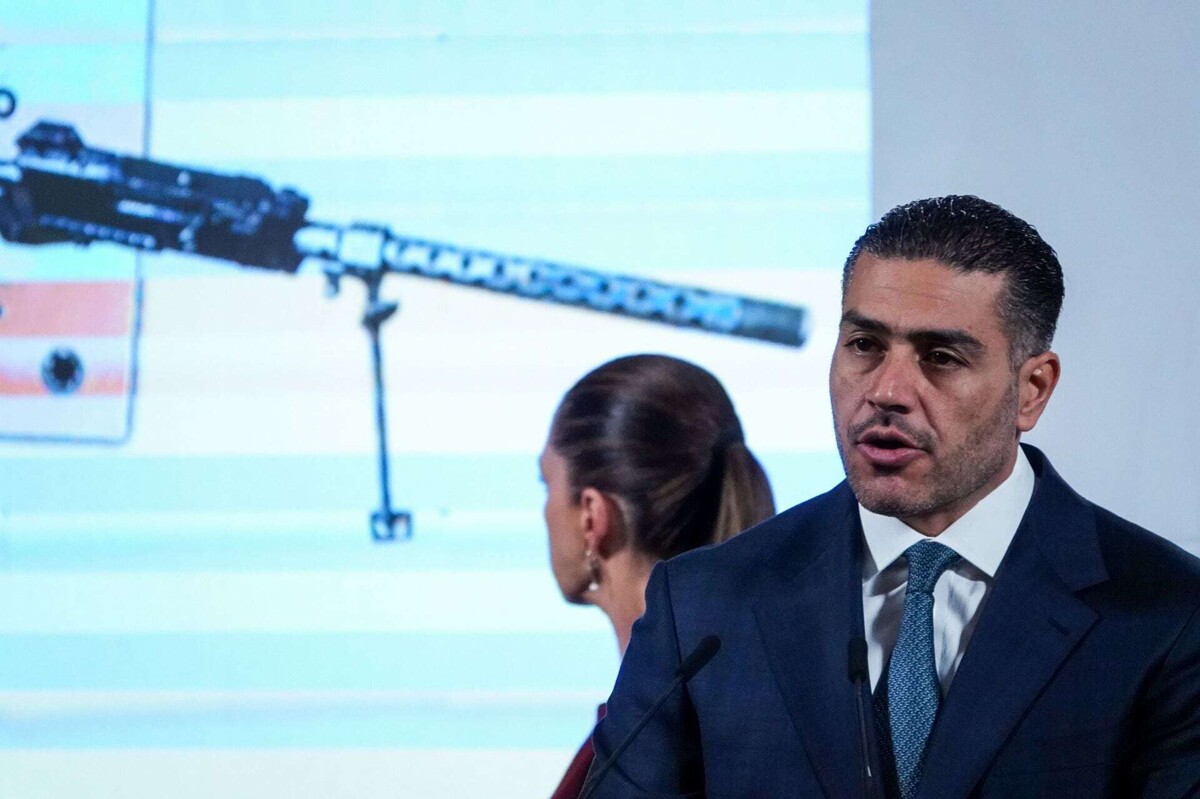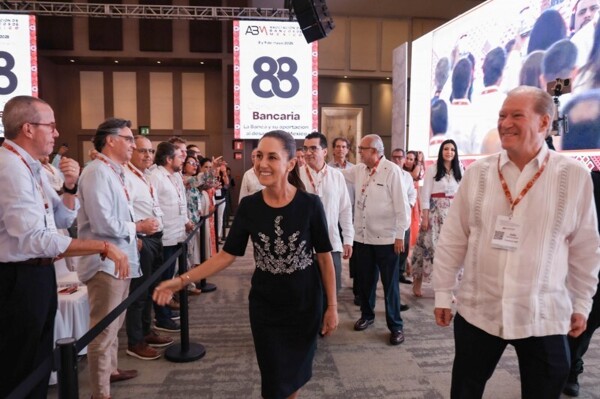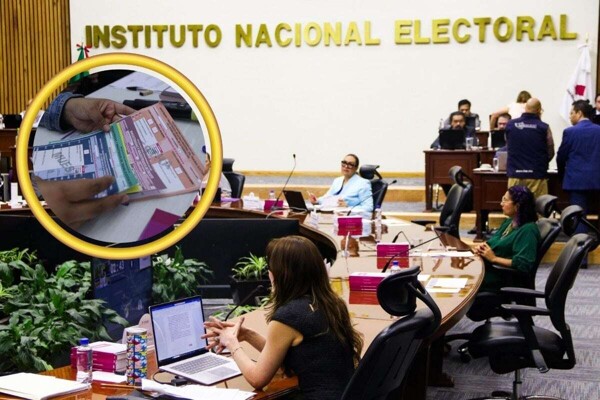
The Secretary of Security and Citizen Protection of Mexico, Omar García Harfuch, accused several judges of allegedly favoring criminals, calling this situation "unacceptable." García Harfuch mentioned that nearly 200 judicial determinations have been issued that benefited alleged criminals, allowing transfers, releases, and definitive exits.
At a press conference, the official reported that 164 exits have been finalized due to a change in precautionary measures and two definitive, which includes more than 100 criminals who have returned to the streets. Additionally, 27 transfers of incarcerated individuals were carried out without following the proper procedures.
These determinations favored individuals accused of serious crimes such as kidnapping, homicide, and possession of firearms exclusive to the Army, despite the SSPC considering them unviable for such measures. García Harfuch expressed his discontent regarding the situation, highlighting specific cases, such as that of the leader of the Zetas, whose extradition has been blocked multiple times by judges.
Regarding the complaints against candidates with alleged links to drug trafficking in the upcoming judicial election, the President of Mexico, Claudia Sheinbaum, stated that it will be the INE or the Electoral Tribunal who will make the final decision. In an attempt to prevent the participation of such candidates, the invalidation of those with criminal ties has been requested in the first popular election of the Judiciary.
The election, which involves a large number of positions to be filled by more than 3,400 candidates, has generated controversy due to the alleged influence of organized crime. With almost 100 million voters called to the polls, the opposition, international organizations, and civil associations have expressed concern about a possible interference from the Executive and criminals in the elections.














